English Studies
Showing 601–624 of 651 results
-
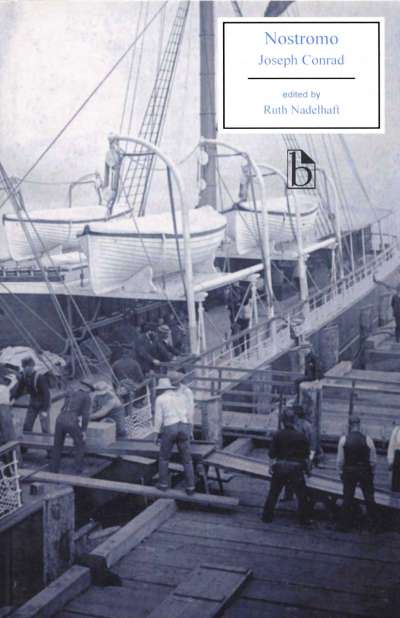
Nostromo
Nostromo, first published in 1904, is arguably Conrad’s greatest and most complex novel. A compelling adventure story, it is also a novel of profound psychological…
-

New Contexts of Canadian Criticism
Times change, lives change, and the terms we need to describe our literature or society or condition—what Raymond Williams calls “keywords”—change with them. Perhaps the…
-
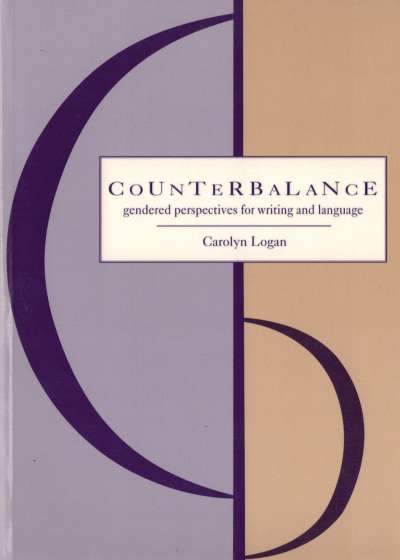
Counterbalance
Like other composition readers, Counterbalance has as its primary purpose to improve thinking, reading and writing skills, recognizing throughout the degree to which these are…
-
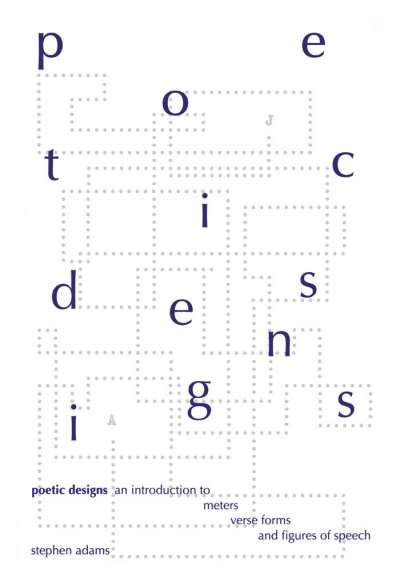
Poetic Designs
There are numerous introductions to poetry and prosody available, but none at once so comprehensive and so accessible as this. With the increasing emphasis on…
-
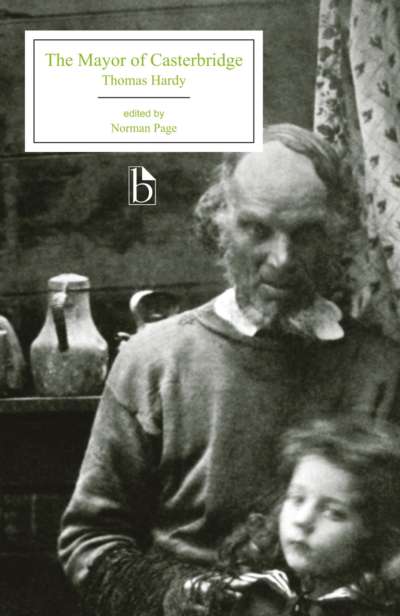
The Mayor of Casterbridge
This 1886 novel may be Hardy’s most intense and gripping narrative. We first see the central character, Michael Henchard, as a drunken and unemployed hay-trusser…
-
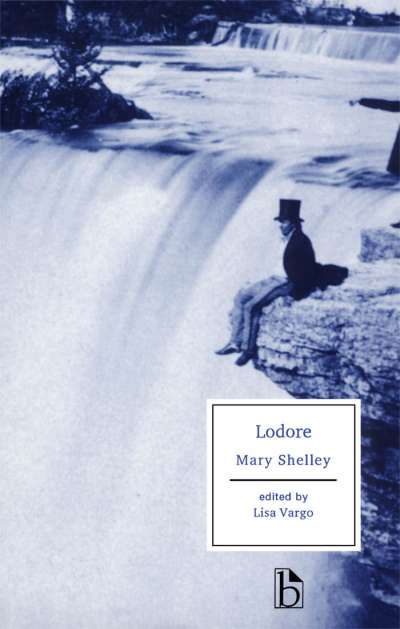
Lodore
Beset by jealousy over an admirer of his wife’s, Lord Lodore has come with his daughter Ethel to the American wilderness; his wife Cornelia, meanwhile,…
-
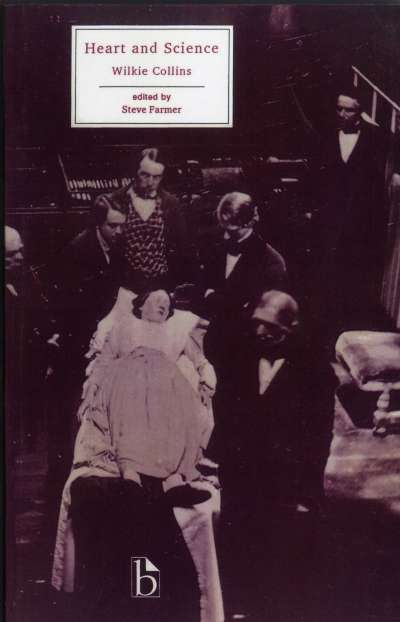
Heart and Science
Wilkie Collins’s later novels are often as concerned with social issues as they are with simple storytelling—but as more and more critics are suggesting, the…
-
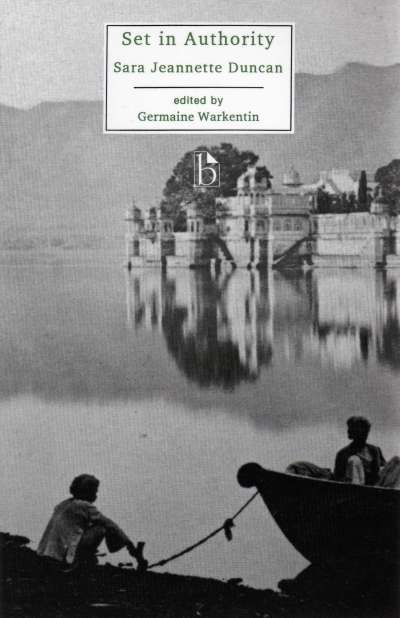
Set in Authority
In 1906, two years after the appearance of her best-known novel, The Imperialist, Duncan published its darker twin, an Anglo-Indian novel which returns to political…
-
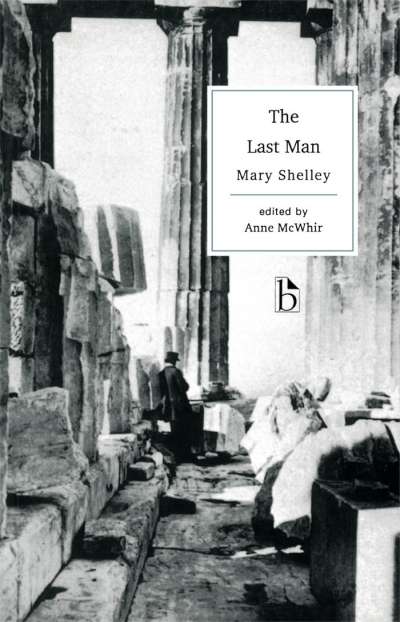
The Last Man
Mary Shelley’s third published novel, The Last Man, is a disillusioned vision of the end of civilization, set in the twenty-first century. The book offers…
-
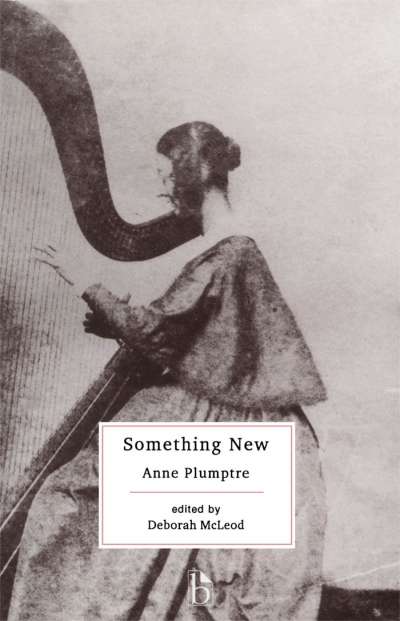
Something New
To be a heroine is to be beautiful—such has been the unstated assumption from the time of chivalric romance to that of Harlequin romance. But…
-
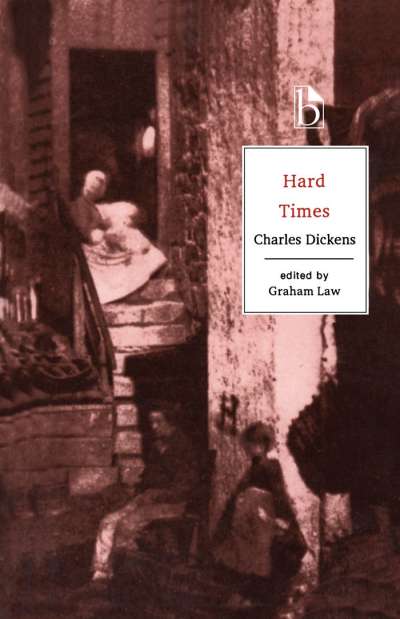
Hard Times
Despite the title, Dickens’s portrayal of early industrial society here is less relentlessly grim than that in novels by contemporaries such as Elizabeth Gaskell or…
-
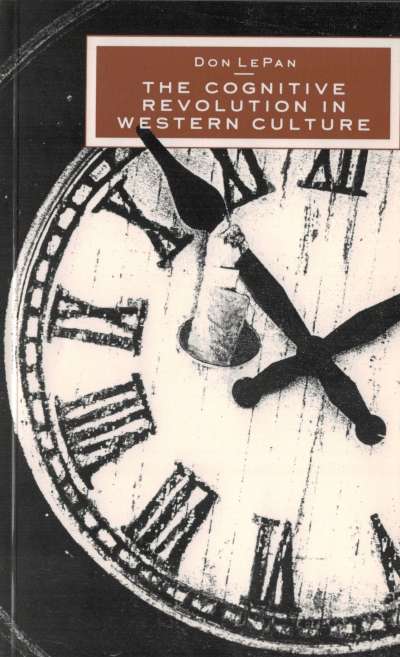
The Cognitive Revolution in Western Culture
Why are the plots of Shakespeare and his contemporaries so different from those of his predecessors? This book argues that the answer is in part…
-
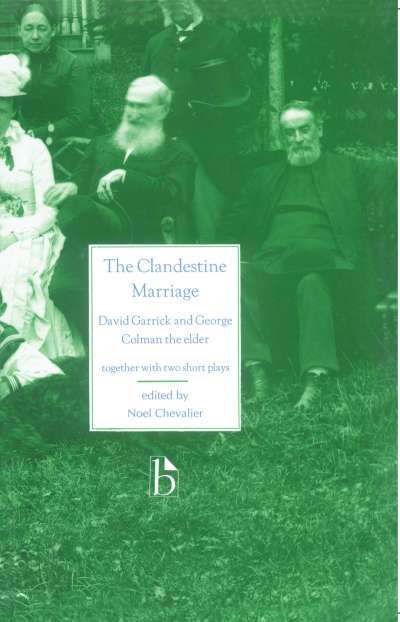
The Clandestine Marriage
David Garrick, the leading actor of his time, was also one of its most accomplished dramatists, and The Clandestine Marriage is perhaps his finest play.…
-
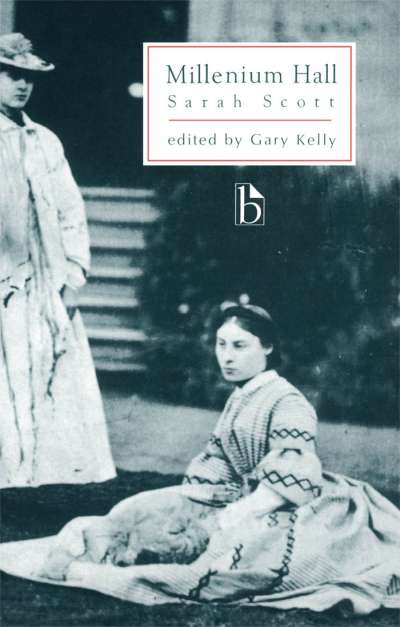
Millenium Hall
In 1750 at the age of twenty-seven Sarah Scott published her first novel, a conventional romance. A year later she left her husband after only…
-
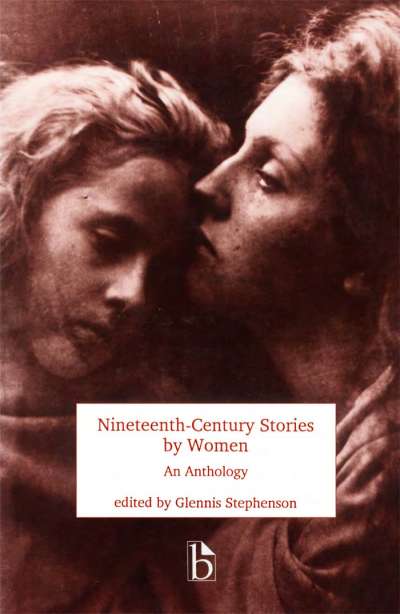
Nineteenth-Century Stories by Women
“The female novelist of the nineteenth century may have frequently encountered opposition and interference from the male literary establishment, but the female short story writer,…
-
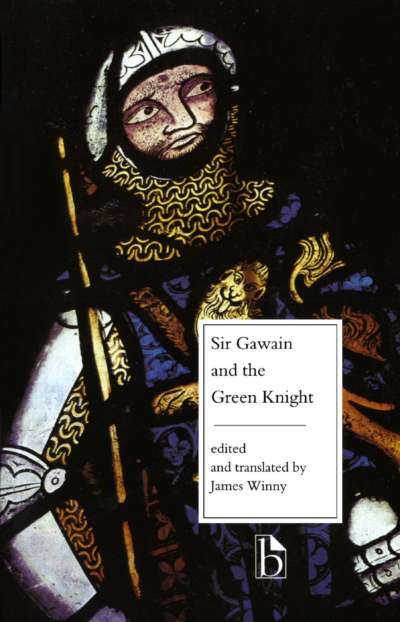
Sir Gawain and the Green Knight – Facing Page Translation
The fourteenth-century poem Sir Gawain and the Green Knight is one of the greatest classics of English literature, but one of the least accessible to…
-
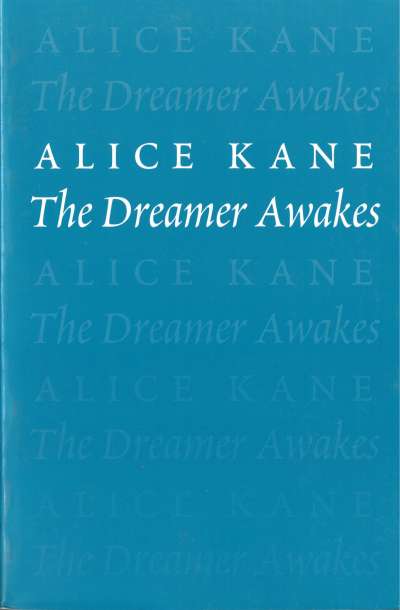
The Dreamer Awakes
The late Alice Kane was born in Ireland in 1908. Moving with her parents to Canada in 1921, she was educated in New Brunswick and…
-

A Bold Stroke for a Wife
Though critics and literary historians have always had to admit that Susanna Centlivre’s comedies were extremely popular, they have tended to devote themselves to a…
-
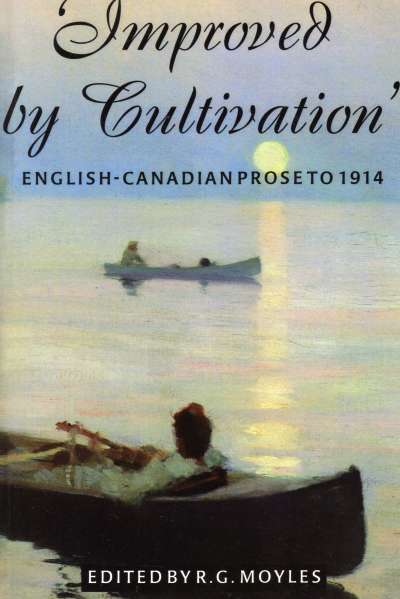
Improved by Cultivation
This anthology combines some of the finest writing by such well-known writers as Leacock, Moodie, Ernest Thompson Seton and Lucy Maud Montgomery with fascinating pieces…
-
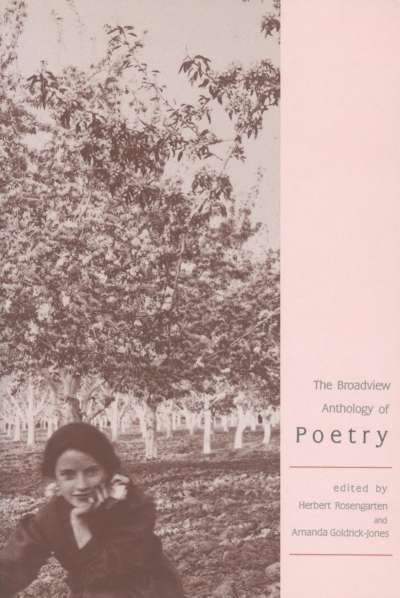
The Broadview Anthology of Poetry
“The purpose of The Broadview Anthology of Poetry is to present a wide range of poetry written in English. [Though the poems are arranged chronologically],…
-
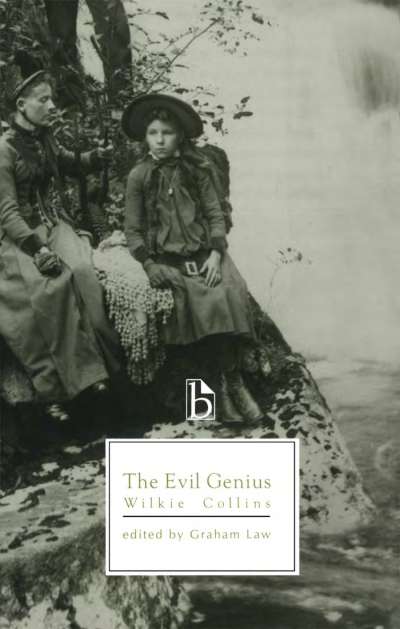
The Evil Genius
Wilkie Collins is best known for his great mystery The Moonstone and The Woman in White—and for a life as sensational as are those novels.…
-
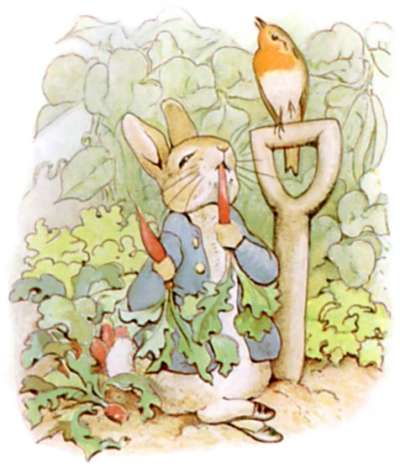
Animals: A Broadview Anthology of British Literature Themed Custom Text
Broadview anthologies include many readings suitable for courses focused on the representation of animals in literature. If you are teaching a course in this area, we invite…
-
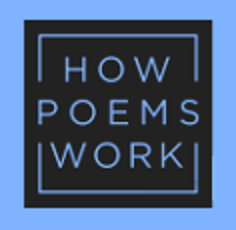
Broadview Online: How Poems Work
Website Access
This is an online resource to be used in the teaching of poetry. It may be used on its own, in conjunction with a Broadview…
